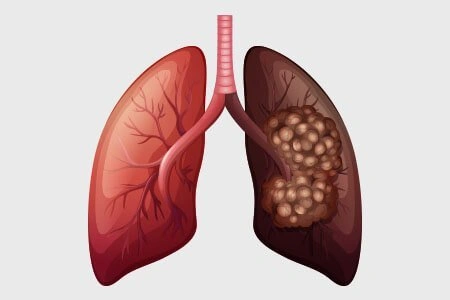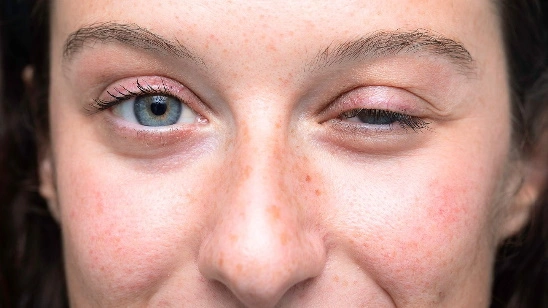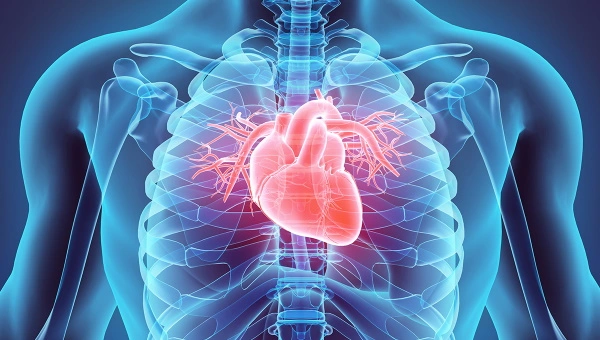Alcoholism genes

If you tested your DNA with a personal genomics service like 23andMe, AncestryDNA, FamilyTreeDNA, MyHeritage or another testing company, you can learn more about your risk factors for hundreds of diseases. By clicking the button above ⬆️, you can upload your raw DNA data file and receive a personalized 250-page health report with research links that is the most comprehensive.
Although alcohol is widely consumed, excessive use can lead to serious physical, psychological, and social problems, as well as contribute to various diseases. Alcoholism, also known as alcohol dependence or alcohol use disorders, is a harmful pattern of excessive drinking that can result in severe issues. Research suggests that alcoholism is a complex genetic disease, with numerous genes affecting the risk of developing it. Some of these genes, such as ADH1B and ALDH2, which are involved in alcohol metabolism, have been identified as having the most significant impact on alcoholism risk. Other genes, including GABRA2, CHRM2, KCNJ6, and AUTS2, have also been found to affect the risk of alcoholism or related traits. As more extensive studies are conducted and more genetic variants are analyzed, a more comprehensive understanding of the genes and pathways that influence alcoholism risk will emerge.
Alcohol dehydrogenase 1B (ADH1B) and aldehyde dehydrogenase 2 (ALDH2), which play a crucial role in alcohol metabolism, are the genes that have the most significant impact on the risk of alcoholism and alcohol consumption. While alcohol is primarily metabolized in the liver, some metabolism also occurs in the upper gastrointestinal tract and stomach. The initial stage of ethanol metabolism involves oxidation to acetaldehyde, which is primarily catalyzed by ADHs. There are seven closely related ADHs clustered on chromosome 4.
The linked region was analyzed for SNP genotyping, specifically in candidate genes such as the GABAA receptor genes. Within the GABRA2 gene, a group of SNPs that were highly correlated with each other were found to be associated with alcohol dependence and contributed to the observed linkage finding. This association has been confirmed in various samples of European and African ancestry, with the strongest correlation found in alcoholics with early onset or comorbid drug dependence. Additionally, evidence suggests that the association may extend beyond GABRA2 to include the adjacent GABRG1 gene.
In a linkage study followed by genotyping candidate genes in the region, the CHRM2 gene, which codes for the muscarinic cholinergic receptor 2, was found to be linked to alcohol dependence. This finding has been replicated by other groups and is particularly strong in individuals with early onset or comorbid drug dependence, similar to the GABRA2 gene. Studies have also focused on the electrophysiological endophenotype of this gene, mirroring the approach taken with GABRA2.
The study initially examined the genome of male inpatients in Germany, and then conducted targeted genotyping of the top SNPs. The joint analysis revealed that two SNPs in the 3' flanking region of PECR, a member of the short-chain dehydrogenase family of enzymes, were associated with alcohol dependence. PECR is located within broad linkage peaks for various alcohol-related traits, such as alcoholism, comorbid alcoholism and depression, level of response to alcohol68, and amplitude of the P3(00) response.
Certain genes could potentially heighten the vulnerability to addictions overall. Through a staged meta-analysis, a study delved into the co-occurrence of alcohol and nicotine dependence and identified genome-wide indications of a correlation with SNPs that cover a section on chromosome 5, encompassing IPO11 (importin 11) and HTR1A (5-hydroxytryptamine (serotonin) receptor 1A, G protein-coupled).
The examination of RNA expression in lymphoblastoid cell lines indicated that the SNPs present in this particular area on chromosome 5 had regulatory effects on the expression of HTR1A or IPO11 through cis-acting mechanisms.
According to the researchers, conducting larger studies could aid in distinguishing the genetic factors contributing to alcohol addiction.
Follow the link of the selected polymorphism to read a brief description of how the selected polymorphism affects Alcohol dependence and see a list of existing studies.
SNP polymorphisms related to the topic Alcohol dependence:
| rs324650 | Variation in the muscarinic acetylcholine receptor M2 (CHRM2) gene is associated with alcohol dependence and major depressive disorder. |
| rs27048 | Twice the risk of severe alcohol withdrawal. |
| rs1159918 | The ADH1B Arg47His polymorphism is associated with alcohol response, consumption and dependence. |
| rs1799971 | The A118G polymorphism of the mu-opioid receptor gene causes severe craving for alcohol that is treatable with naltrexone. |
| rs1614972 | Strong association of the alcohol dehydrogenase 1B (ADH1B) gene with alcohol dependence and alcohol-related medical conditions. |
| rs2061174 | Linkage of the muscarinic acetylcholine receptor M2 (CHRM2) gene to alcohol dependence and major depressive disorder. |
| rs2232165 | Genetic variation in the ghrelin signalling system is associated with severe alcohol dependence in women. |
| rs2948694 | Genetic variation in the ghrelin signalling system is associated with severe alcohol dependence in women. |
| rs7590720 | Genetic predisposition to alcoholism. |
| rs1789891 | Alcohol dehydrogenase gene rs1789891 polymorphism with brain grey matter volume, alcohol consumption, alcohol craving and relapse risk. |
| rs17033 | ADH1B Arg47His polymorphism of the alcohol metabolising gene with alcohol dependence. |
| rs671 | A mutation in the mitochondrial aldehyde dehydrogenase (ALDH2) gene increases acute alcohol sensitivity, alcohol dependence and hangover susceptibility. |
| rs27072 | 2-fold risk of severe alcohol withdrawal. Associated with more severe symptoms after alcohol withdrawal, such as seizures and white fever. Possible increased chance of ADHD. |
| rs36563 | |
| rs237238 | |
| rs279858 | |
| rs728115 | |
| rs750338 | |
| rs768048 | |
| rs933769 | |
| rs968529 | |
| rs1042026 | |
| rs1229976 | |
| rs1344694 | |
| rs1353899 | |
| rs1793257 | |
| rs1824024 | |
| rs2066701 | |
| rs2075633 | |
| rs2238151 | |
| rs2548145 | |
| rs2810114 | |
| rs2826659 | |
| rs2827312 | |
| rs3131513 | |
| rs3762894 | |
| rs4293630 | |
| rs4478858 | |
| rs4770403 | |
| rs6701037 | |
| rs7144649 | |
| rs8062326 | |
| rs9556711 | |
| rs10253361 | |
| rs10893366 | |
| rs11640875 | |
| rs11933661 | |
| rs13273672 | |
| rs16985179 | |
About The Author
Li DaliLi Dali, a National Foundation for Outstanding Youth Fund recipient, is a researcher at the School of Life Sciences in East China Normal University. He earned his PhD in genetics from Hunan Normal University in 2007 and conducted collaborative research at Texas A&M University during his doctoral studies. Li Dali and his team have optimized and innovated gene editing technology, leading to the establishment of a world-class system for constructing gene editing disease models.


